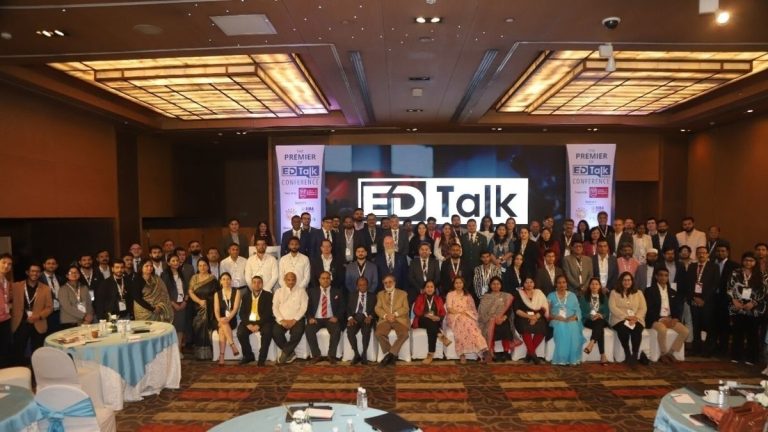The World Education Conference 2024 recently concluded, marking a milestone in the evolution of educational models.
More than 300 participants from around the world gathered to discuss the future of education, with a focus on diversity, equity and inclusion and the impact of technology on learning environments.
Paving the way for innovation
The conference began with a keynote on “Advancing Diversity, Equity, and Inclusion in Educational Institutions,” echoing themes from the role of innovative technology in promoting inclusive classrooms.
Discussions covered the globalization of higher education, the creation of scalable yet personalized learning experiences, and the expected contributions of education to the creative economy of the future. Dr. Chetna Sabharwal's insights into the role of education in the innovation economy were particularly noteworthy, along with panels that looked at reinventing K-12 systems and the impacts of large language models like ChatGPT on education.
Leadership insights and industry-academic collaboration
The second day of the conference brought industry leaders and academics together, with Dr GV Rao and Dr Dilip Nandkulyar delivering keynote addresses on the changing paradigms of higher education in India and the importance of industry-academia collaboration, respectively. Panel discussions focused on bridging the skills gap from the classroom to the boardroom and addressed mental health and wellbeing strategies within educational institutions.
These conversations emphasized the urgent need for partnerships that transcend traditional educational boundaries to prepare students for a rapidly changing world.
Awards and recognition
The conference also celebrated excellence in education through the global EdFalcon Awards. Dr Karandeep Singh, who was recognized for his contributions to higher secondary education, highlighted the award ceremony on the first day. The last day’s ceremony honored innovators and leaders in the global education sector, in appreciation of their efforts in developing learning and teaching methodologies. These awards are a testament to the ongoing commitment within the education community to embrace change, innovation and inclusion.
As the World Education Congress 2024 concludes, it leaves behind a roadmap for future educational initiatives. It emphasizes the importance of inclusivity, the transformative potential of technology, and the value of collaboration between academia and industry.
While the discussions and ideas provided a glimpse into the future of education, the real impact lies in implementing these ideas across the global education landscape. The conference not only highlighted current trends and challenges, but also paved the way for a more inclusive, technologically advanced and collaborative educational future.

